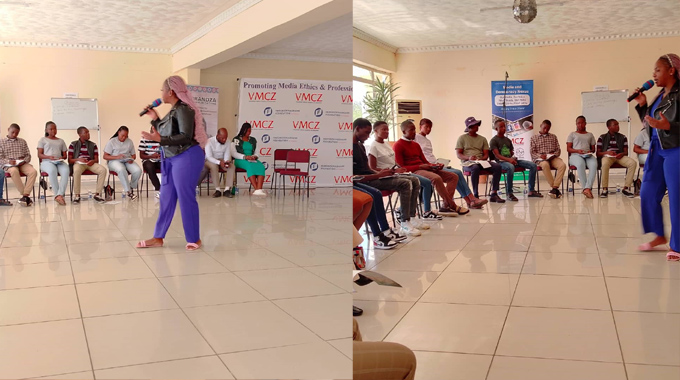Residents have say in rates hike. . .BCC to give them 30-day objection period

Pamela Shumba, Senior Reporter
RESIDENTS still have a chance to reject the increase of rates by the Bulawayo City Council as the local authority has to wait for a 30-day objection period before sending the proposal to Government for approval.
The city council has proposed to increase rates by 42 percent after residents rejected a 56 percent increment to finance its supplementary budget.
The capital supplementary budget financing for the fiscal year 2019 was proposed to increase from US$95 860 500 to RTGS$288 035 850.
Addressing councillors in council chambers on Tuesday, Finance and Development Committee chairperson Councillor Silas Chigora said the BCC was proposing to increase rates by 42 percent.
“We’ll advertise the proposal in the press and give residents a 30-day objection period. If there are no objections we’ll send the proposal to the Ministry of Local Government, Public Works and National Housing for approval.
“If there are objections we’ll continue engaging residents until we reach an agreement,” said Clr Chigora.
He said like any other organisation operating in the country, the council had been affected by changes in the economic environment.
“The economic environment has dramatically changed since the crafting of the 2019 budget. The monetary policy and national budget statements announced by the Government negatively affected council budget which was crafted in September 2018.
“As a result of the dramatic changes in the economic environment, council felt that there was a need for a supplementary budget in order to re-align the budget with service deliverables set for the current year,” said Clr Chigora.
The council, he added, therefore embarked on stakeholder consultations from April 13 to 16, 2019 which saw a total of 33 meetings being held throughout the city.
“These meetings included residents in the wards, business community, and other interest groups. Regrettably, some wards could not consult for one reason or another.
“During these consultations, participants expressed their views with some ratepayers supporting the proposed supplementary increase while others were against the proposed increases,” said Clr Chigora.
“In coming up with a proposed supplementary budget, we considered that the 2019 budget was crafted in September 2018 when the USD rate to RTGS was 1:1 while the inflation rate was at 5 percent. Council then proposed an increase in line with inflation levels,” he said.
Clr Chigora said the introduction of the two percent of Intermediated Money Transfer Tax (IMTT) increased council’s operating costs and such expenses had not been budgeted for. The volumes of transactions done by the city makes this expense significant and impossible to absorb,” he said.
Clr Chigora said service providers hiked their prices by over 100 percent, especially prices of commodities, notably premixes and quarry used in road construction.
He said suppliers of water chemicals peg their prices using the ruling rate between the US dollar and RTGS dollar, making it difficult to estimate the cost of water chemicals.
“Fuel is an important component in service delivery as sewerage spillages and water bursts must be attended to promptly to minimise impact on residents, reduce water losses and save on cost.
“Inflation has increased significantly since October 2018 and as at March 2019 it stood at 66,8 percent, suggesting that with increases in the supplementary budget, service delivery may still be scaled down,” said Clr Chigora.
He added that since the creation of the RTGS accounts and the Nostro accounts, council saw a massive drop in receipts of foreign currency, with 99 percent of receipts being in RTGS dollars.
Clr Chigora said due to the crisis, council was exposed to a lot of risks such as litigation for failing to settle debts on time and high production costs since suppliers price their products based on either the parallel market rate or the ruling rate in banking institutions, adversely affecting service delivery,” he said.
— @pamelashumba1












Comments